Bengaluru, October 15, 2025: As climate change and inequality continue to shape global conversations, young urban Indians are emerging as frontrunners in driving change, according to Ingka Group’s People & Planet Consumer Insights & Trends 2025 Report, conducted in partnership with GlobeScan across 30 countries.
The study reveals that two in three people globally are concerned about climate change, while eight in ten are already taking steps to reduce their environmental impact. However, many respondents worldwide feel disempowered by rising costs, unclear impact, and limited institutional support. Despite these challenges, India stands out as a market where young people are actively translating awareness into action.
In India, one-third of youth aged 18–29 are taking action on climate issues, and a majority are engaged in tackling inequality — positioning the country ahead of several global counterparts. Urban Indians are also adopting circular practices at a higher rate than the global average — choosing to repair rather than replace furniture, purchasing recycled products, and exploring rental or resale options.
Globally, saving money remains the top motivator for environmental action (54%), followed by understanding impact (42%), health benefits (41%), and ease of action (39%). However, in India, the motivations differ — health and family well-being rank higher than cost, with three in four respondents saying they would act more if provided with clearer information on environmental impact.
On inequality, 61% of global respondents expressed concern, while 69% are already taking some form of action, including volunteering or supporting responsible brands. In India, the sentiment is even stronger — urban consumers are more likely to prioritize ethical consumption and call for fair wages across supply chains. A large majority also believe that everyone should have access to affordable housing, reflecting growing awareness of inclusivity and social justice.
Commenting on the findings, Karen Pflug, Chief Sustainability Officer, Ingka Group, said,
“The world can only be sustainable if everyone can afford to live more sustainably. This research shows that affordability is a barrier in itself – many people feel excluded from acting because of cost. We believe sustainable living should not be a privilege, which is why we work to make it both accessible and affordable for the many – for example, through solutions that help reduce food waste and support waste sorting in the home, more affordable plant-based food, and circular services such as Buy Back & Resell or our As-Is areas, where second-hand and ex-showroom items are sold at lower prices. Sustainable living also needs to be easy and desirable – so that choosing the better option becomes a natural, everyday choice.”
The report underscores that while global citizens want to do more to create a fairer and more sustainable world, they require the right support, policies, and solutions from governments and businesses. In India, optimism and accountability among the younger generation are driving momentum for change, positioning the country as a model for sustainable progress rooted in purpose and practicality.
As part of the Ingka Group, IKEA India continues to apply these global insights locally — fostering sustainable lifestyles through affordable, circular, and accessible design. The report concludes that collective action, powered by informed and motivated citizens, will be key to shaping a more equitable and resilient future for people and the planet.




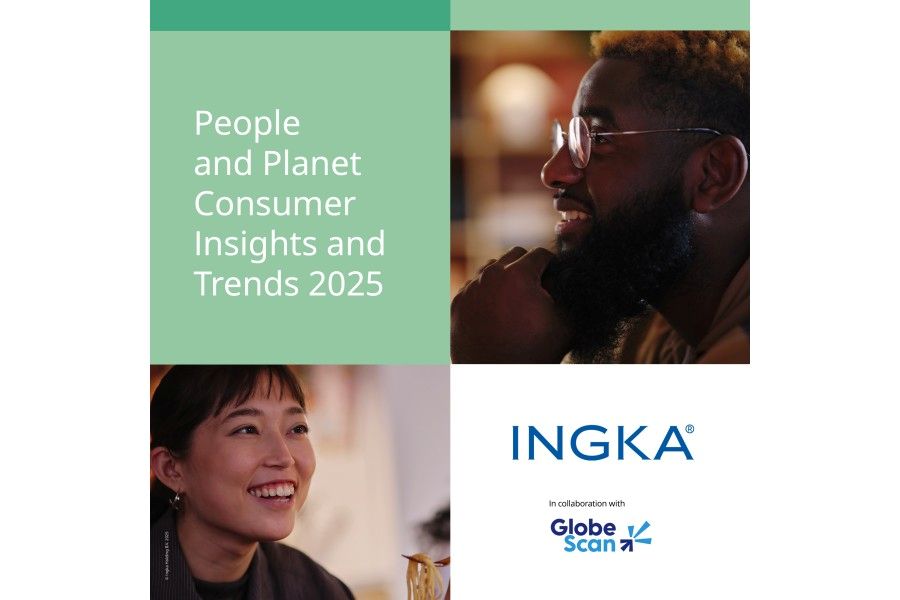

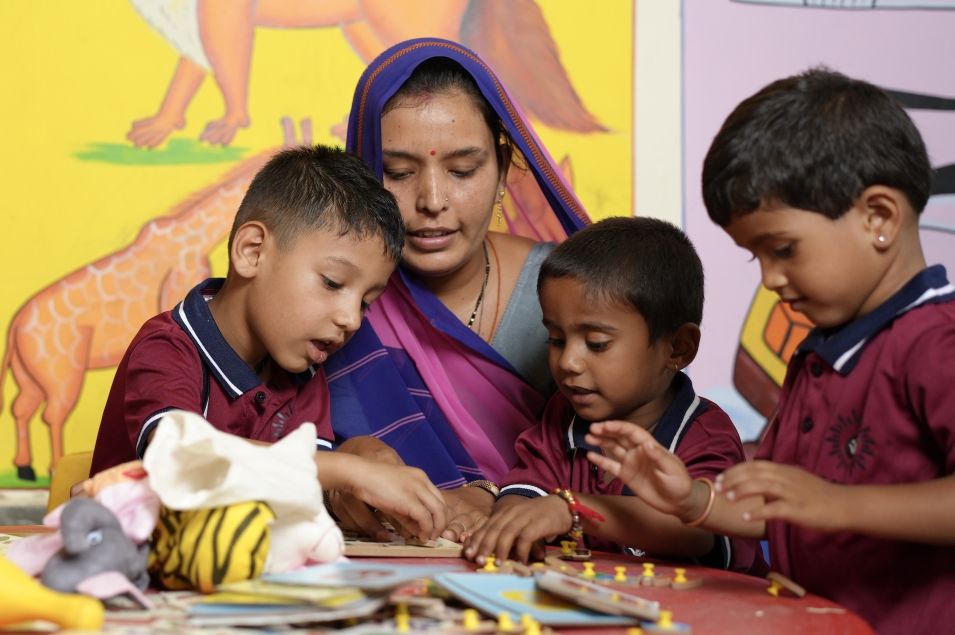
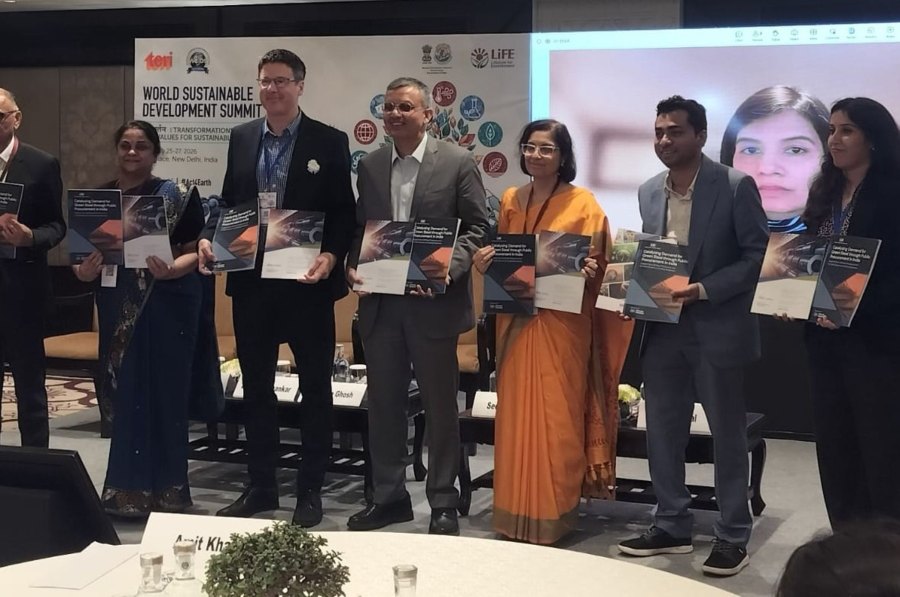
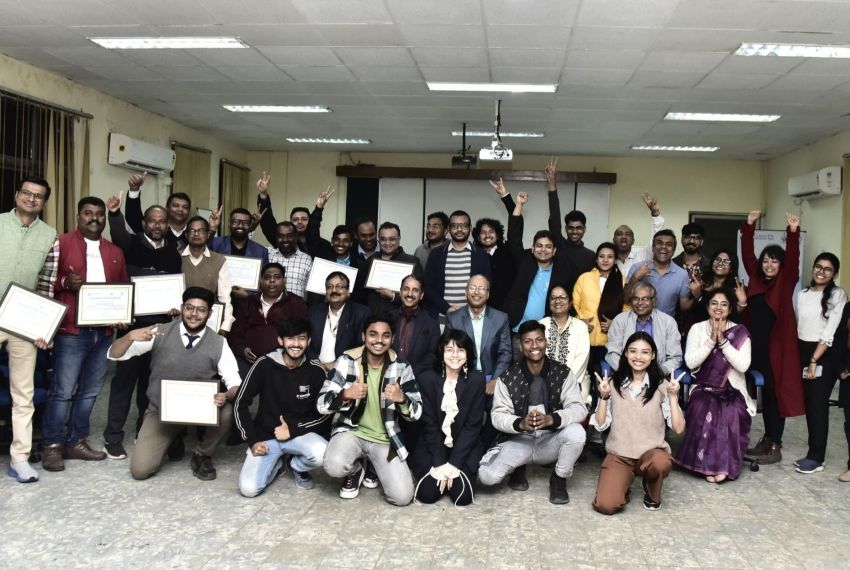
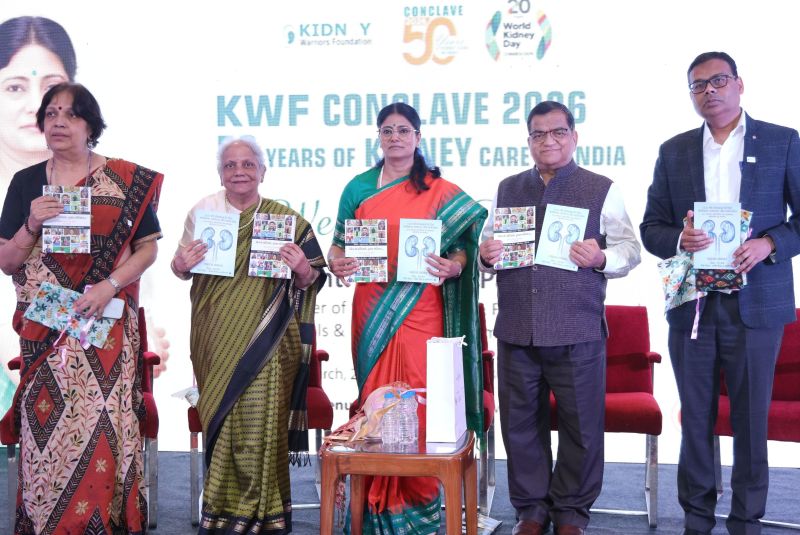
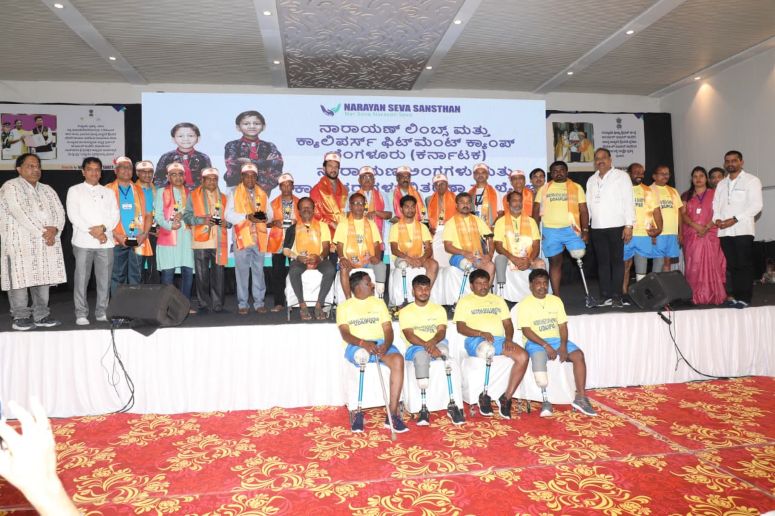
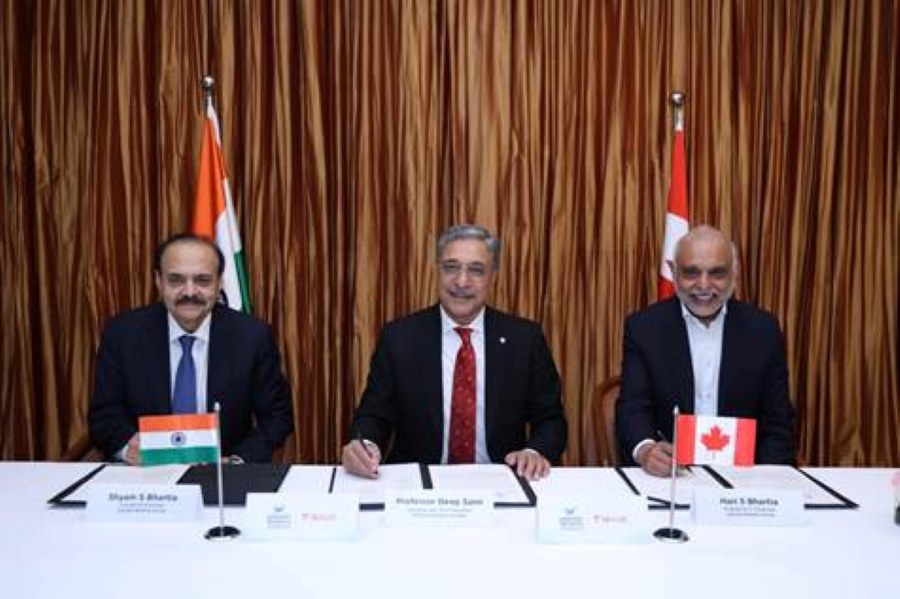
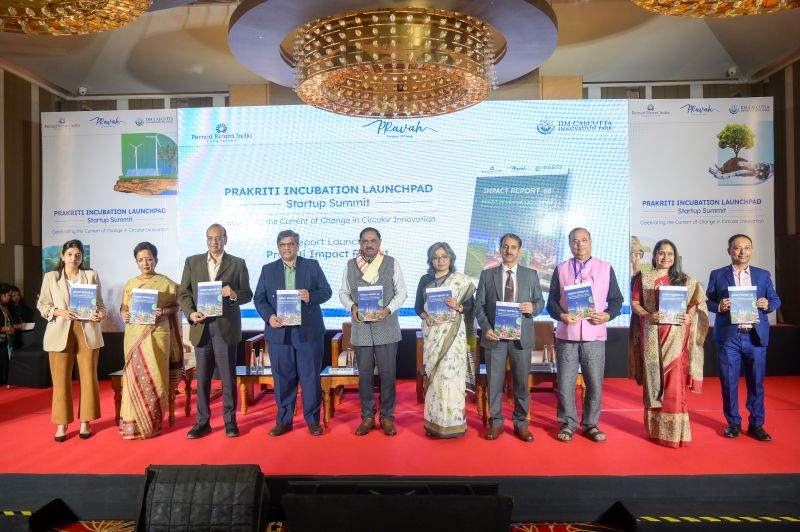
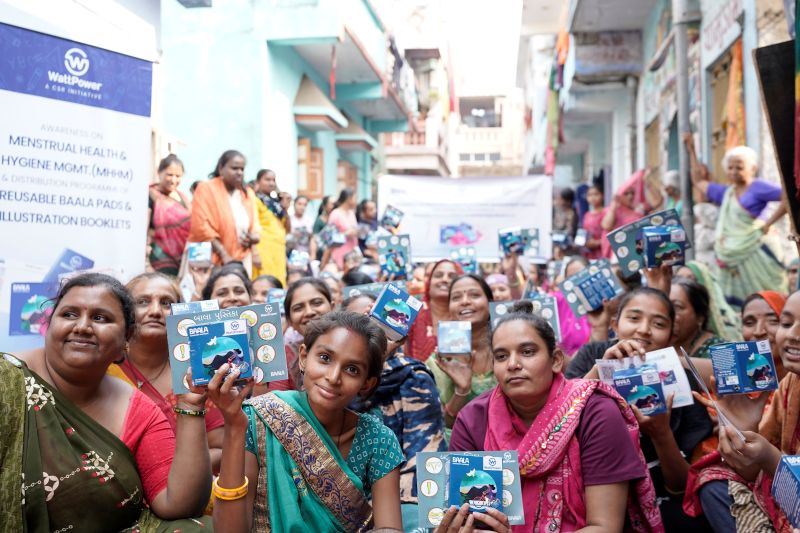
.jpg)








